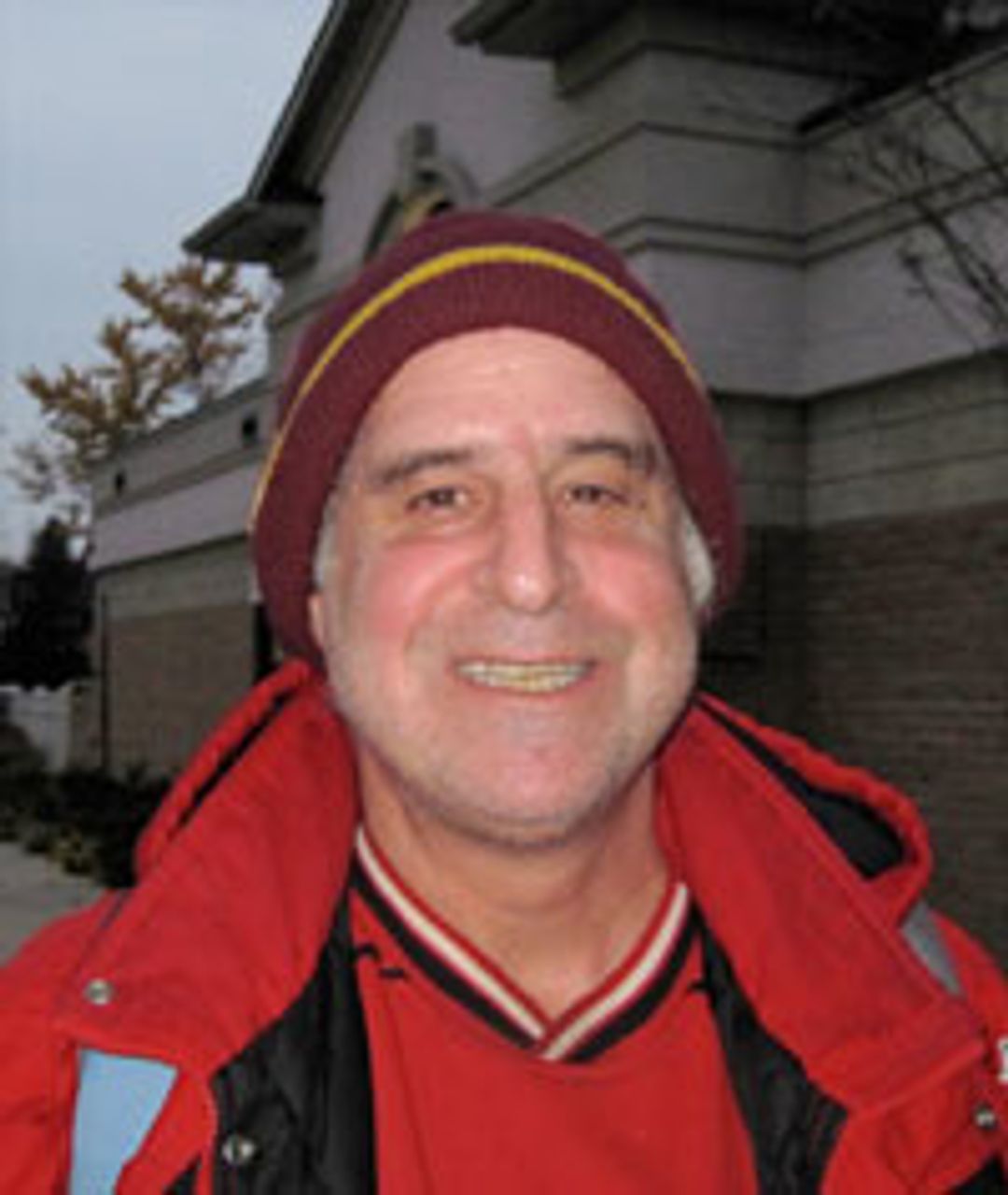Proposed cuts to the Detroit suburban area regional transit system, SMART, have evoked strong opposition from transit users at a series of public hearings. The SMART system is proposing cuts that would eliminate 22 percent of its already grossly inadequate bus service and result in the layoffs of 123 employees.
SMART management is proposing to eliminate 16 routes and stop four others at the Detroit city limits. The transit system is facing a $6.5 million budget deficit brought on by rising fuel prices, cuts in state assistance and a steep drop in property tax revenue due to collapsing home values.
In addition to cutting service, SMART officials have been seeking concessions from the four unions representing transit employees. SMART workers have been without a contract since December 31, 2010. Over the past three years SMART has made $11 million in cuts and increased fares.
The cuts to the SMART system hit an area which has already witnessed the near collapse of bus service. City buses are operated by the Detroit Department of Transportation (DDOT). The deplorable state of the bus system was highlighted by an unofficial one-day strike by DDOT drivers last week sparked by an altercation between a bus driver and a group of passengers. Transit users have faced delays of up to several hours because of a shortage of serviceable buses in the city. The maintenance backlog has developed due to job cuts, the elimination of overtime and the imposition of furlough days on mechanics.
A public hearing held Tuesday in the Detroit suburb of Pleasant Ridge on the proposed cuts to suburban bus service drew scores of area residents anxious to voice their concerns about the cuts. A hearing last week in Dearborn, another suburb, also drew a large turnout.
Reporters for the World Socialist Web Site attended the hearing in Pleasant Ridge. Many workers, retirees and students spoke at the hearing about the impact of the cuts on their lives.
Bryan Walker spoke about the proposed cuts in bus service to the Westland Mall. “I don’t see how you can do it. A lot of people need that route. And you are talking about cutting, cutting. You have to think of something else. I rely on SMART. It takes me everywhere I want to go. And it gets me away from DDOT, as slow and unreliable as they are.”
A resident of West Bloomfield spoke about the impact of cuts in bus service to downtown Detroit. “I have to go to Henry Ford Hospital quite a bit. How are we going to be able to get there? Am I going to have to take 3 or 4 different buses?”
Bridgette Lewis said, “I think you are making a big mistake cutting the buses. It is not fair to seniors or those who are mentally ill or those who need to go to work or school. It is very important for all those who need to take the bus. We need to keep these buses running.”
Also attending the meeting were representatives from area schools and colleges. They warned that the proposed cuts will impose serious hardships on both secondary and university level students. Tom Hendriks presented a petition on behalf of students and faculty at Oakland Community College requesting a meeting with the SMART board and staff to discuss the impact of the proposed cuts.
The superintendent of the West Bloomfield School District, JoAnn Andrees, made an appeal to the SMART board on behalf of students in her district who would be impacted by the cuts to bus routes.
SMART officials say a final decision on the cuts will be made this month, with implementation set for December 12.
 Sharon Oullette
Sharon OulletteThe WSWS spoke to several transit users after the meeting. Sharon Ouellette a worker at a Detroit nonprofit said, “For me the cuts aren’t a huge deal, but for my sister and roommate, who are AmeriCorps volunteers in the city of Detroit public schools, they are. They have to leave at 5:30 a.m. and return at 7:30 p.m. at night. They are really relying on those buses to get to and from work every day.
“I bought my house right on Nine Mile and Woodward in Ferndale to be near the bus line. I have only been in my house one year and I am really sad to see the routes being cut. That was my primary reason for buying it. With the cuts in service they are now going to have to pay $2 for travelling one mile.
“It a crime that you live on a major transportation corridor and you can’t take a bus to work. I just get so mad to see them cutting it down this way. I wish we had a regional transit system.”
 Robert Foon
Robert FoonRobert Foon, a resident of Madison Heights, who is currently unemployed, told the WSWS, “I am here for everyone who rides the bus. The solution isn’t cutting routes. DDOT made cuts some time ago. If you watch the news, these people are waiting two or three hours for a bus. I will bet ninety percent of those people lost their jobs.
“What do they expect people to do? Whether you go to school or go to work, you have to go to a doctor appointment. The bottom line is that people are going to be evicted from their homes and be on the street. Businesses are also going to suffer.
“We don’t need less buses, we need more.”
Foon added, “Oakland County is one of the richest counties in the United States. We should tax these rich people.”
Subscribe to the IWA-RFC Newsletter
Get email updates on workers’ struggles and a global perspective from the International Workers Alliance of Rank-and-File Committees.
